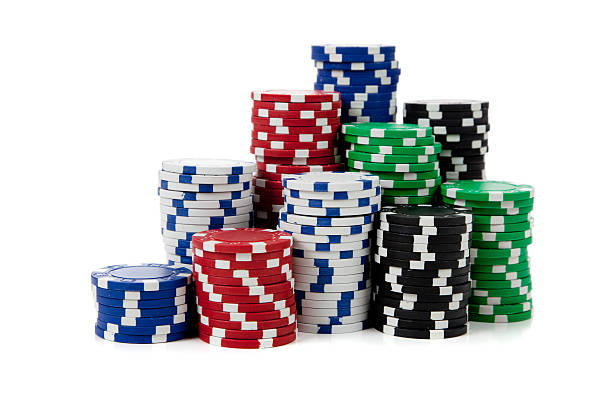Modular Gaming Components 12 - The Narrative Pool
One of the things that I've been incorporating in many of my games is the idea of a narrative pool of tokens.
I really focused this idea in FUBAR, but it also appeared in The Law, and a few other games I've developed. I've also incorporated it into sessions of a range of other games.
Technically, this kind of works like the clock which was the first of the modular components that I mentioned in this series, but it works on a larger scale and sets the flow of the whole session rather than establishing the context of a specific threat or scene.
I usually use this system with a pile of poker chips, but you could use glass beads, seashells, bottle caps, or something appropriate to the genre of the game being played.
It basically starts a session off with a pile of tokens, as players perform actions the tokens move from an available pool to an exhausted pool, or might be removed from play altogether. The amount of tokens still in the pool shows how many things the characters will still need to address during the course of the story.
I like to move these tokens in a few different ways.
If characters succeed in their actions, I move tokens from the available pool to the exhausted pool. If characters fail in their actions, I might shift the tokens back from the exhausted pool to the active pool, of I might push them off to a new pile indicating nasty backlash that might be building up and waiting for a climax.
If the characters decide to take a rest during the proceedings, then it's only fair that the threats they are facing also get the chance to consolidate their resources. A few tokens will shift from the exhausted pool back to the active pool when this occurs. This idea was originally found in the first edition of the game AGON, and was one of the things I liked about that game and really regretted was taken out in the second edition.
Generally, the flow of tokens shows players how things are going in the context of the story, without revealing too much about the plot twists that may be unfolding. It also helps a GM keep things on track if they have a time limit, because it's easy to look at the piles of tokens and see how far the players have come, and how much further they have to go before they successfully resolve the storyline.


.png)

Comments